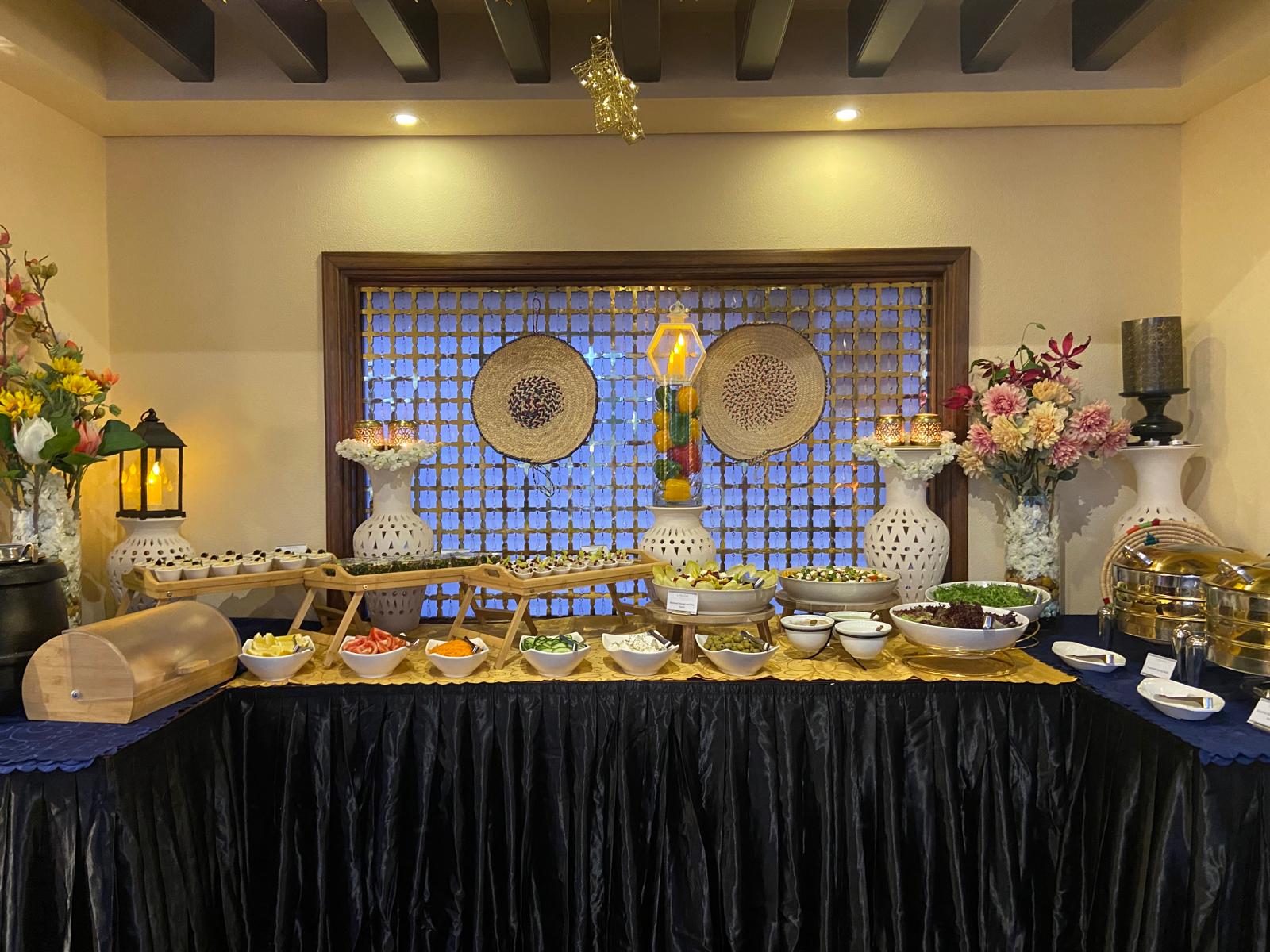
Ramadan, the ninth month of the Islamic calendar, is a time of fasting, reflection and community for Muslims worldwide. During this holy month, fasting from dawn until sunset is one of the Five Pillars of Islam. Two meals —suhoor and iftar — play a crucial role in this daily fast.
Suhoor – The pre dawn meal
Suhoor (Sahur. Suhur) is the pre-dawn meal eaten before the fast begins. It is a quiet, reflective time when Muslims wake early to prepare for the day ahead. The meal is often simple yet nourishing, including foods like fruits, yogurt, bread, or porridge, along with plenty of water to stay hydrated. Suhoor is not just about physical sustenance; it’s also a spiritual preparation for the day’s fast, often accompanied by prayers and moments of introspection.
Iftar – The meal that breaks the fast
Iftar, on the other hand, is the meal that breaks the fast at sunset. It typically begins with the eating of dates and drinking water, following the example of the Prophet Mohammad.
After the sunset prayer, a larger meal is enjoyed. Depending on cultural traditions, this could include a variety of dishes such as soups, rice, meat, salads, and desserts. Iftar is a time of joy and togetherness, often shared with family, friends, and even the wider community in mosques or special gatherings.
For Muslims, both meals are not just about eating but also about gratitude, discipline and connecting with their faith.
If you’re ever invited to an iftar, it’s a wonderful opportunity to experience the warmth and hospitality of Ramadan traditions while gaining a deeper appreciation of this important spiritual practice.






